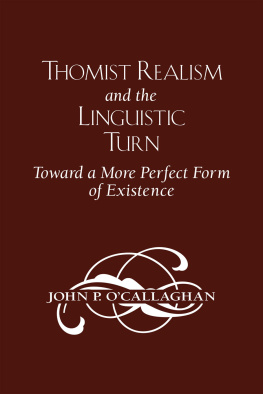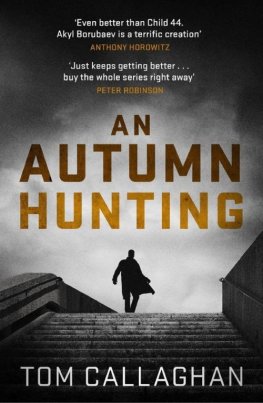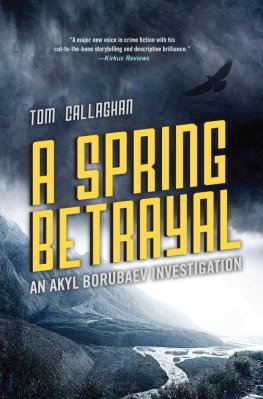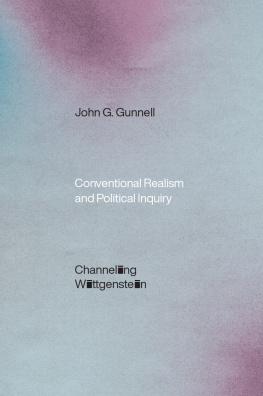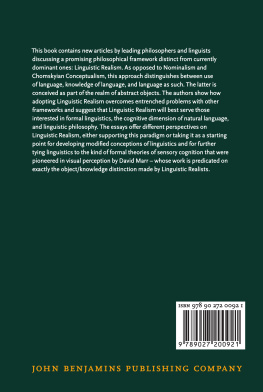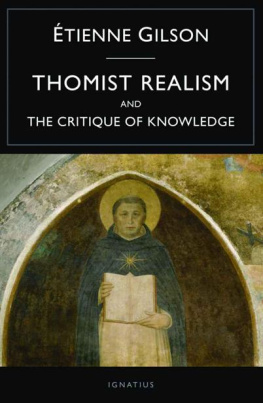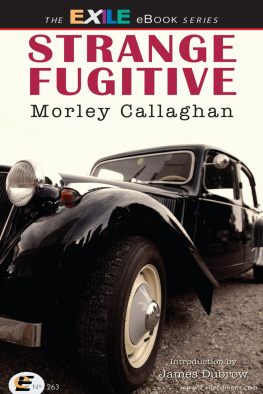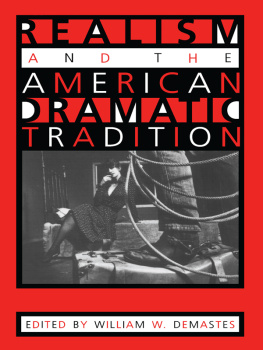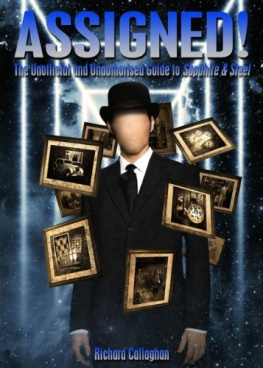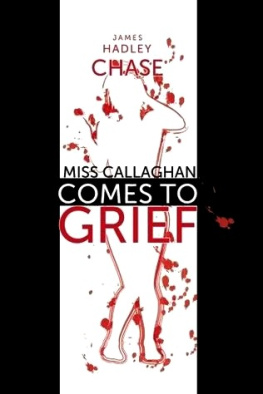
THOMIST REALISM
and the
LINGUISTIC
TURN
THOMIST REALISM
and the
LINGUISTIC
TURN
Toward a More Perfect Form of Existence
JOHN P. OCALLAGHAN
University of Notre Dame Press
Notre Dame, Indiana
Copyright 2003 by
University of Notre Dame
Notre Dame, Indiana 46556
http://www.undpress.nd.edu
All Rights Reserved
Manufactured in the United States of America
Library of Congress Cataloging-in-Publication Data
OCallaghan, John (John P.)
Thomist realism and the linguistic turn : toward a more perfect form of existence / John P. OCallaghan.
p. cm.
Includes bibliographical references and index.
ISBN: 978-0-268-04218-9 (pdk) ISBN 978-0-268-04217-2 (cl) ISBN 978-0-268-15813-2 (web)
1. Knowledge, Theory of. 2. Mental representation. 3. Language and languagesPhilosophy. 4. Thomists. I. Title.
BD161 .03 2002
149'.91dc21
2001006430
ISBN 9780268158149
This book is printed on acid-free paper.
This e-Book was converted from the original source file by a third-party vendor. Readers who notice any formatting, textual, or readability issues are encouraged to contact the publisher at .
FOR RALPH MCINERNY
Christian, Scholar, Teacher, and Friend
Among the many things I have learned from you,
the greatest has been indirect,
that there is no word for gratitude.
So, to you my teacher, I dedicate these words.

CONTENTS

Words, as conventional signs, cannot express the particular gratitude I feel for those who have helped me along the way to writing this work. Indeed, any effort to acknowledge the help I have received in producing it must inevitably fall short. But that is no reason not to try. Among the many I must thank are Ralph McInerny, Tom Hibbs, Scott Moore, Fred Freddoso, David Burrell, Stanley Hauerwas, Alasdair MacIntyre, David Solomon, Patrick Murray, John Safranek, Tim Smith, Michael Dauphinais, Michael Letteney, Chris Kaczor, and my colleagues at Creighton University. I must also thank the University of Notre Dame Press, and Jeff Gainey in particular, as well as Jude Dougherty and The Review of Metaphysics. I would also like to thank in a special way my editor Carole Roos, who has been tireless and patient in improving my text. The University of Notre Dame, Creighton University, and the Jacques Maritain Center have provided me with invaluable resources and financial support. My wife and children may someday understand how much their forbearance and patience amidst my efforts to finish this work have helped me to grasp its importance. After a mystical vision, St. Thomas compared his written work to straw. I do not need a mystical vision. I need only catch a momentary glimpse of them.
Finally, the gratitude I feel toward my father is without measure. There is no page of this work that was written without him in mind. Years before I ever heard the phrase fides quaerens intellectum, I knew in him the reality that it signifies. Though St. Thomas was his master, I think St. Augustine was his first love. It is only fitting that I recall how in the Confessions St. Augustine interrupts the train of his narrative to ask his readers to pray for his mother and father. I am no Augustine and he was no Monica. Still, I would ask the same of my readers. May he rest in peace.

The frontier between explaining the meaning of words and describing the nature of things is easily violated.
CS. Lewis
How do our words attach to objects in the world? Most assuredly they do. If I ask my five-year-old son to bring me an apple, unsurprisingly, he does; he brings me just what I wanted. If I ask him to bring me an orange, he brings me something quite different than in the first instance, but also just what I wanted. Not only does apple attach in some way to certain objects in the world, but to bring seems to attach to certain acts, even before those acts are performed and could be called existing things. My son performs the act at my request; he knows what to do even before the doing occurs. He doesnt turn on the television, or twiddle his thumbs, or needle his sister, unless of course he is disobedient. He gets up from his chair, walks to the bowl with apples in it, picks one, walks to me, and hands it to me. I count my request a success.
I do not mean to suggest that every word we use is like apple or orange which attach fairly straightforwardly to beings in the world. Words like oh and every and no and but do not seem to be as directly related to beings in the world, if at all. But given a moments reflection even the connection of apple or orange to the world begins to take on the appearance of something quite odd. If my son randomly picks an apple from the bowl and brings it to me, I do not respond, Thats not the one I asked for, since there is in fact no one that I asked for. But if I didnt ask for a particular apple, what did I ask for, since the only apples that exist are particular apples? How does one ask for an apple without asking for a particular apple?
Even if it is unremarkable that some words attach, or connect, or signify, or refer to things in the world, philosophers have wondered just how this is possible. We all know the fact; what we want to know is the why of the fact. Some philosophers like Plato and Wittgenstein have considered the suggestion that our words should be compared to pictures or images of the things they attach to, though what Wittgenstein meant by a picture in this context is very complex. But as Plato realized in the Cratylus, and Wittgenstein later in the Philosophical Investigations, it is very difficult to make sense of this suggestion.
Other philosophers take particular note that my son does not originally succeed in bringing me an apple. When he is very young, he stands perplexed at my requests, then slowly over time fails less and less, and finally generally succeeds. There is a similarity between his behavior and that of other animals that can be trained to bring me an apple or an orange. Perhaps my son acquires certain dispositions to behave in certain overt ways in the appropriate circumstances and responds to certain vocal stimuli like apple and bring, just like a chimp. The words attach to reality because of the ways in which the behavioral dispositions attach to reality. But this suggestion has also proven very difficult to sustain. The combinatorial possibilities of language use seem to be virtually infinite in their openness to future applications; trained dispositions to behave, on the other hand, do not seem to be so open. And it is not at all clear how this analysis is supposed to handle such statements as Caesar crossed the Rubicon and started a civil war in Rome or the googol root of the googolplex is 10.
Another suggestion is that we are all born with an innate language of the mind, a lingua mentis that is the same for all human beings, a part of human nature. The innate language attaches to the world because it is causally related to beings in the world, which causal relations fall under certain natural laws. What in my son looks like learning a first language, a native language like English or Spanish, is really not learning how that language attaches to the world. He is born knowing a first language, the
Next page
